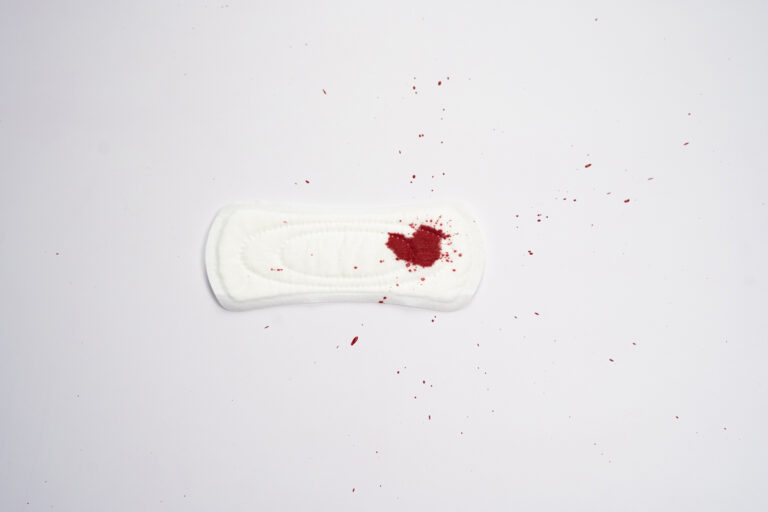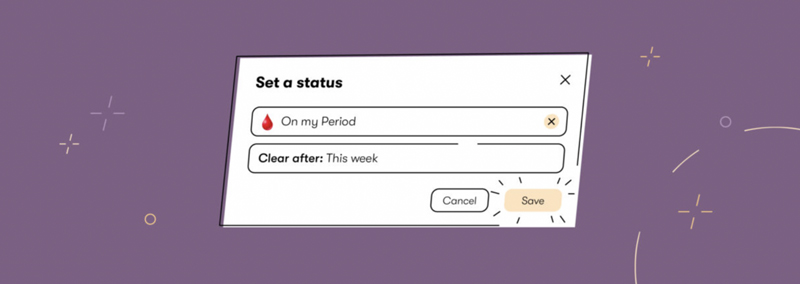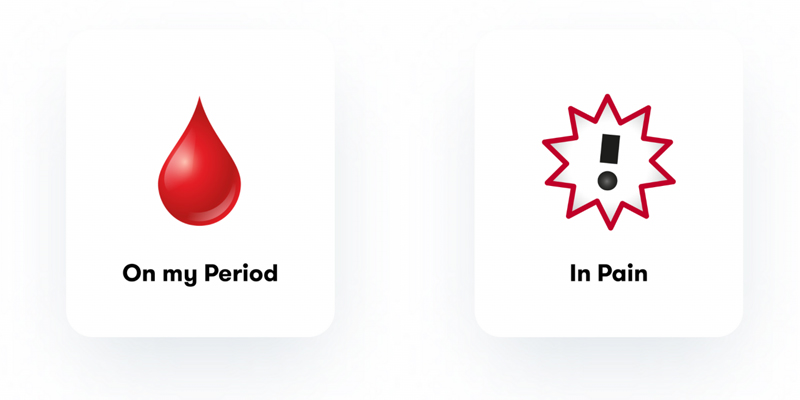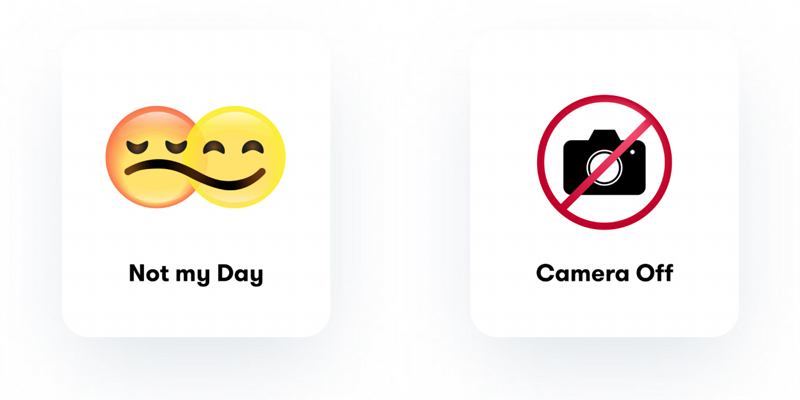Today is Menstrual Hygiene Day (MH Day). Why is it important that we all celebrate it?

Poor menstrual hygiene caused by a lack of education on the issue, persisting taboos and stigma, limited access to hygienic menstrual products and poor sanitation infrastructure undermines the educational opportunities, health and overall social status of period havers all around the world. As a result, millions of them are kept from reaching their full potential.
Menstrual Hygiene Day (MH Day) is a global advocacy platform that brings together the voices and actions of non-profits, government agencies, individuals, the private sector and the media to promote good menstrual health and hygiene (MHH) for people who menstruate. MH Day has grown tremendously since its first celebration in 2014. So, why is it so important that we all celebrate it?
In order to raise awareness and change the negative social norms surrounding menstrual health and hygiene, it’s crucial that all members of society not only educate themselves on the ins and outs of menstruation, but also make sure they feel confident enough to speak out on those and start conversations. How can we break taboos if half of the population is too terrified by the simple idea of buying period products to even start a conversation about the impact menstruations can have on the other half of the world, right?
Hey @Asda - care to explain why these particular heat patches are with the make-up instead of with the pain relief options like all the other ones? #PeriodDignity #MenstruationMatters #periodpain #TakeWomensPainSeriously pic.twitter.com/uvBIYL2tq9
— Jenni Keenan 🧡🇵🇸✨ (@JenniKeenan1) May 19, 2021
MH Day aims to “create a world where no woman or girl is held back because she menstruates by 2030.” A world in which every period haver is empowered to manage their menstruation safely, hygienically, with confidence and without shame. Reading this, you might think that you’re not affected by any of it simply because you can afford period products or because any of your queries can be answered with a quick Google search. Let me show you why the day still concerns you—regardless of your privileges.
“Up to 90 per cent of people who menstruate have painful periods, and 80 per cent report difficulties in managing productivity due to menstrual-related symptoms,” The Drum reports. Despite menstruation being a natural monthly occurrence for around half the workforce, discussions around the impact of periods, both in the workplace and in life in general, are still stigmatised.
In anticipation of MH Day, health and period tracker app Flo partnered with designer Sophia Luu to curate a set of four menstruation-related Slack emojis to better represent the experiences of people who menstruate while working. While it might sound strange to let your whole company know when you’re on your period, the initiative could help people coping with period symptoms communicate the ups and downs of their cycles. Whether it’s the need to take time off, skip video calls or warn others of general crankiness, each emoji comes with a guide that explains when and how to use it, and how to react if a colleague uses it.



Luu herself is a design consultant at McKinsey, who told 11,000 people she was on her period by updating her Slack status with the red drop emoji. It then went viral on LinkedIn, sparking conversations about the treatment of menstruation in the workplace. Creating the emojis was “my way of saying, ‘I’m in pain, please be mindful and recognize that I might not have the energy to deal with some tasks’,” the designer shared with The Drum.
Working tonight.
— Red Gibson (@REDGibson91) May 24, 2021
And my ovaries feel like they're trying to come out my ass and my throat all at once. My legs keep buckling and I keep going pale af.
I'm also highly emotional and keep wanting to cry. #endthestigma #peoplewithperiods #periodpain #nonbinary
Speaking of period pain, research has shown that the feel-good chemicals known as endorphins which are released when you orgasm may help relieve stress and menstrual pain. Masturbating—yet another taboo subject—can also help relieve anything from cramps to back pain, headaches and even joint aches!
Megwyn White, director of education at Satisfyer and certified clinical sexologist, told Screen Shot, “Regular orgasms throughout the cycle can help to support a healthy balance of hormones and a regular cycle, meaning that a good sexual wellness routine will be of benefit before, during and after your period. When we orgasm, the endorphins and hormones released, including the ‘love hormone’ oxytocin, help the body to manage pain by interacting with the opiate receptors in the brain to reduce our perception of pain. These powerful chemicals work with the brain to alleviate us in the same way as pain-relief drugs, helping to ease cramps and migraines. Orgasms may also make your periods shorter as muscle contractions push out the uterine contents faster, which is a win-win.”
Whether you already knew all of this or not, what truly matters today as well as the rest of the year, is for you to understand the impact that a simple conversation can have. Conversations can easily turn into media coverage, which can in turn help to engage decision-makers in policy dialogue. In England, students are still having to go without free period products after less than half of schools and colleges signed up to the government’s scheme to tackle period poverty.
The programme launched in January 2020 with 9,702 schools and colleges ordering free tampons and pads to place in bathrooms. But data released by the government showed nearly 60 per cent of primary schools and 24 per cent of secondary schools have yet to sign up for products. More than 10,600 organisations have not used the scheme.
Around 15 per cent of girls in the UK have struggled to afford period products, according to research by children’s rights organisation Plan International UK. Nearly half of those surveyed said they had missed school because of their period. Do you see the bigger picture here?





